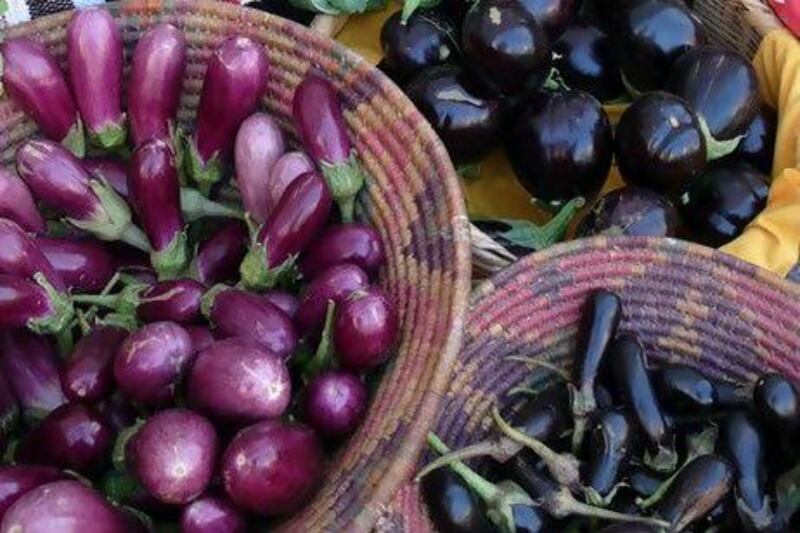Edward Lewis checks out Beirut's recently established farmers' market, which has helped bring together a war-torn nation
A pyramid of plump, purple figs rests on a wooden crate next to a row of football-sized pumpkins, some sporting amusing growths and still covered in the soil they grew in; tell-tale signs they were never destined for a supermarket shelf. Along with other wonderfully colourful local goods – including wild cedar honey, olive oil, dried fruits, walnuts and bread – they are just some of the examples of the varied produce in Beirut’s weekly farmers’ market, where the rustic and disorderly food stalls sharply contrast with the city’s chic and modern city centre just a stone’s throw away.
Established by the food activist Kamal Mouzawak, the market, Souk El Tayeb, has been championing Lebanon’s small-scale producers since 2004, creating a space for them to promote and sell their produce directly to the public and introducing city-goers to rural Lebanon.
Yet, the busy and happy scene painted by the weekly Saturday meeting masks the fact that the driving force behind its establishment was not simply a need to nourish a city but a desire to help heal a divided nation – food has emerged as an unlikely tool for dialogue in this complex Middle East country.
“What is always very interesting about a farmers’ market is that you get a chance to look at the people’s lives, you have to knock on their door and meet them even if you don’t know them,” explains Kamal. This most basic of human actions had been denied to those living through years of a brutal civil war – travel was often highly restricted and distrust of your neighbours rife, something that didn’t disappear overnight when the guns fell silent.
Aside from the more obvious and tragic implications of war, Lebanon’s renowned produce and a way of life were also deeply affected. Heavily subsidised foreign imports, more accessible, cheaper fast-food alternatives and a countryside littered with landmines all meant Lebanon’s local production was under serious threat. More damaging than anything was the fragmentation that had occurred: the divisions caused by the ethnic and religious tensions meant a unified platform for local producers was lacking. For Kamal, the answer was clear: “What can bring all these people together more than the land, the product of the land, the agriculture and the cuisine that we make from it?”
And so, the farmers’ market was established, gathering local producers from across the country, protecting their interests and enabling them to compete fairly. Most importantly, it has created a space where, regardless of faith or ethnicity, be they Sunni, Shiite, Greek Orthodox, Maronite or Druze, farmers can come together and celebrate their shared heritage and identity.
If the market was the initial seed, the organisation has grown organically, now encompassing a range of educational projects and outreach programmes throughout the country. Concepts such as National Tabouleh Day or Tefeh El Tayab (a celebration of Lebanon’s different apples) have actively engaged local communities, while for Souk@school Kamal has visited schools to demonstrate the importance and role of local, sustainable produce to Lebanon’s next generation.
A private food label for the producers of the market, Dekenet, has also been established, encouraging cohesion and providing greater recognition for their work and a better income. Then there is the commercial front, Tawlet, a farmers’ kitchen located in the heart of the old town where each week a different local producer cooks their regional speciality for the public.
The rise in the number of farmers present at the market and a noticeable appetite for the ever-expanding national activities are indicators that Souk El Tayeb’s concept is working and a difference has been made in Lebanon. The successful model of combining social responsibility with business has not gone unnoticed, with Qatar the next destination where Kamal will attempt to use the farmers’ market to preserve culinary traditions and rural heritage and empower local producers.






